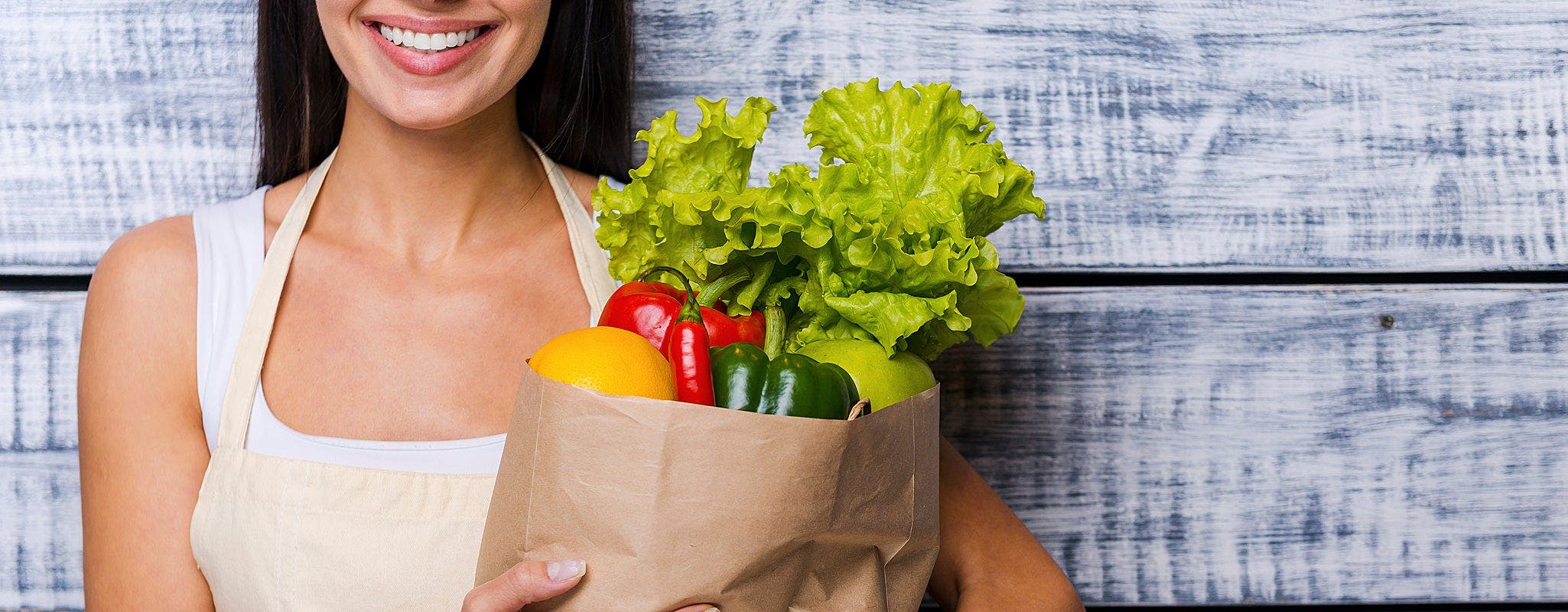12 Ways to be Healthier by This Time Next Year
You're bound to be healthier and happier by this time next year if you follow our good-health to-do list.
By Sandra Agababian
Published November 11, 2015


This is a new kind of 12-step plan, a step-by-step guide to a healthier, happier you. Make a resolution to make the following health changes:
- Get your cholesterol tested. if you haven't done so in the past five years. High cholesterol is a risk factor for heart disease, the leading cause of death for both men and women.
- Power up your diet with produce. A diet containing five to nine servings of fruits and vegetables a day may decrease your overall cancer risk, according to the National Cancer Institute.
- If you smoke, quit. Science has proven that smoking is a leading cause of lung, laryngeal, esophageal, oral, pancreatic, bladder and cervical cancers. It also increases your risk of heart disease.
- Take aim at breast cancer. Perform a monthly breast self-examination, starting in your 20s. It's the first step toward detecting breast cancer in its early, most curable stages. Also, get a clinical breast exam. The ACS recommends a clinical breast exam yearly for women age 40 and older and every three years for women ages 20 to 39. Further, if you're 40 or older, get a mammogram yearly. If you're under 40 and at increased risk for breast cancer due to, say, your family history (you have a mother, sister or daughter who has had breast cancer), talk to your doctor. They may recommend mammography before age 40.
- Go with whole grains. If you're like most people, you're whole-grain challenged, consuming only about one serving of whole grains daily. (Think whole-grain cereals like oatmeal, whole-grain bread, soups containing whole grains such as barley or brown rice, and whole-wheat instead of regular white flour.) Doctors recommend at least three servings of whole-grain foods daily. Studies show that people who consume more whole grains have a lower risk for heart disease, diabetes, digestive disorders and possibly some forms of cancer.
- Seek out soy foods, such as tofu and soy drinks. Studies show that soy protein can lower total blood cholesterol as well as LDL, "the bad" cholesterol, to reduce your risk of heart disease.
- Limit drinking. A recent study concluded that women who consumed two to five drinks a day increased their risk of breast cancer by 41 percent. Excessive alcohol may also increase your risk of colon cancer, rectal cancer, stroke, osteoporosis, liver damage and creeping blood pressure. To play it safe, consume no more than one spirited glass daily.
- Talk to your doctor about getting tested for type 2 diabetes. A fasting blood glucose test, a simple blood test that gauges the amount of glucose in your blood is available to detect this common chronic killer (normal levels are in the 70 to 120 mg/dl range; levels that are higher should be discussed with your physician).
- Boost your brain power. If you work with numbers at your job, spend your spare time doing something completely different, such as reading, writing or painting. According to Elkhonon Goldberg, PhD, clinical professor of neurology, diverse activities help improve connections between brain nerve cells.
- Correct your portion sizes. To prevent overeating, get out the measuring cups and spoons for a while and brush up on your portion sizes.
- Take a calcium supplement, if you don't get the three servings per day of calcium-rich foods (that means it contains 25% or more of the RDI) recommended by Osteoporosis Canada.
- Keep stress at bay. "Schedule in at least 20 minutes of daily down time," says Gailen Marshall, MD, PhD. Unmanaged stress - that nagging frazzled feeling - is associated with a host of conditions, from an increased risk of the common cold to heart disease, says Marshall.

